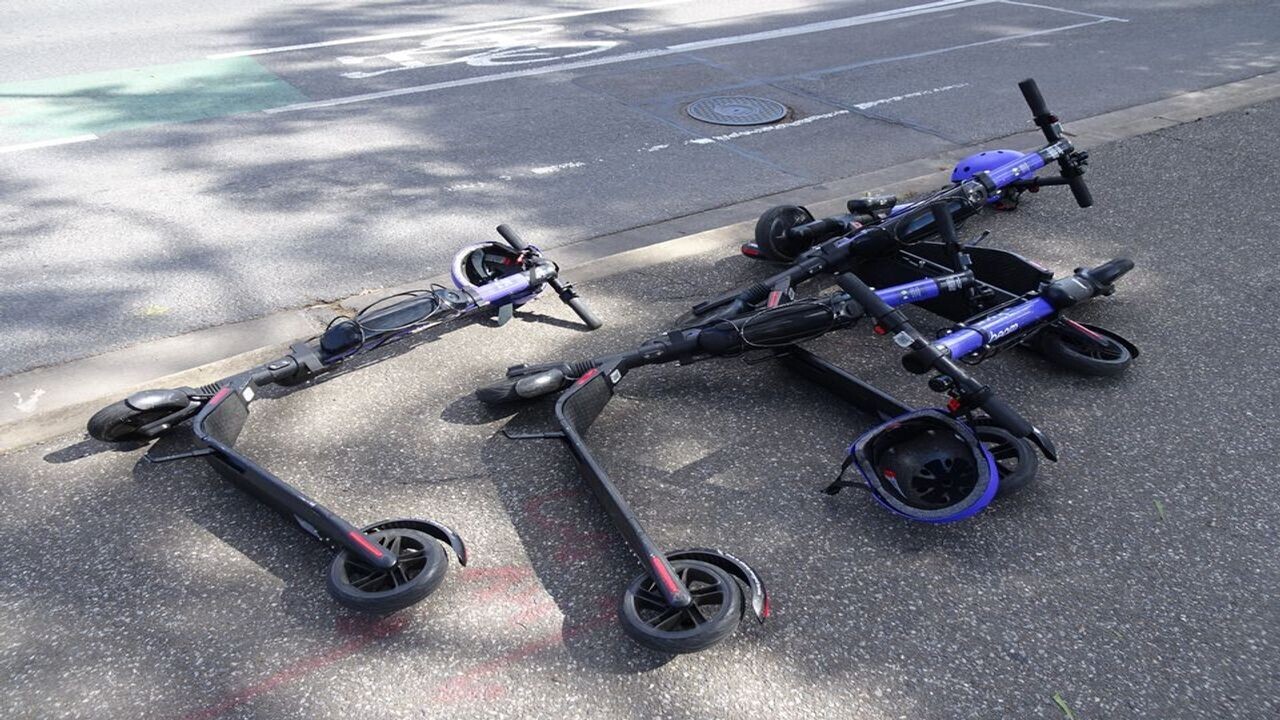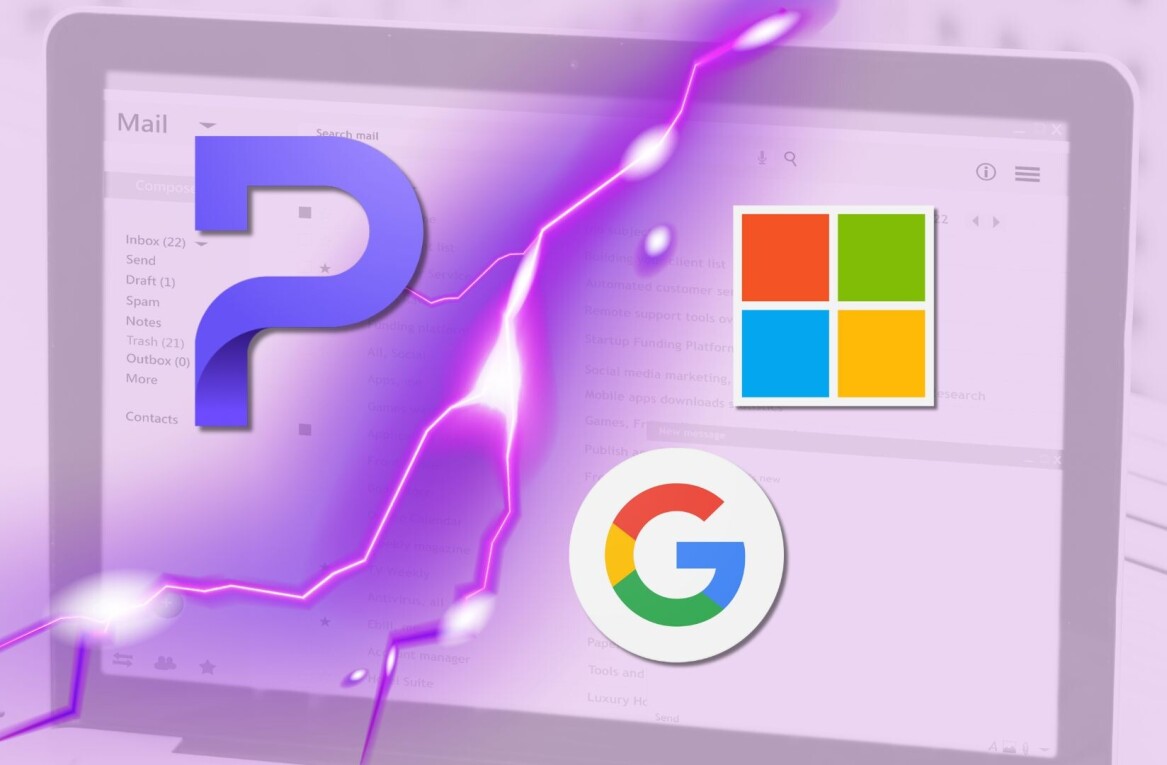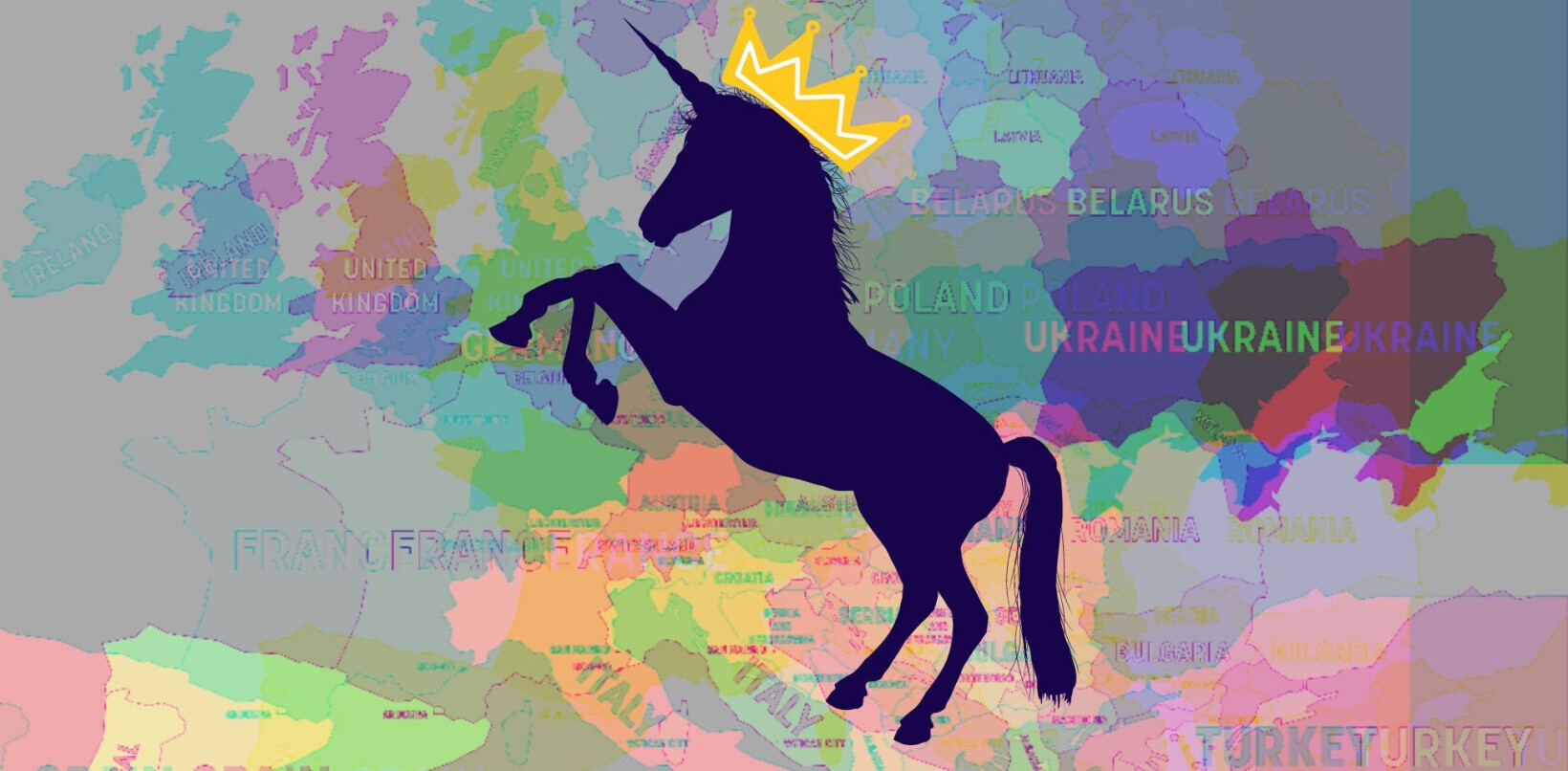
Escooter providers are forever seeking ways to facilitate, promote, and enforce safe and responsible ridership. Companies are increasingly turning to AI to aid their efforts.
Uber recently published a patent using cameras, mapping, and custom AI processors to detect non-compliant rider behavior such as parking outside designed areas. Uber can then notify users of improper parking or issue penalties.
Get free rides for sticking a helmet on your head

Uber is not the first company to use AI to control user behavior. Chicago escooter company Veoride debuted helmet detection tech in 2020. Riders upload a photo of themselves wearing a helmet to the VeoApp and receive a ride discount.
Voi pilots computer vision for safer escooter rides
In the UK, Voi is underway with trials of a world-first large-scale pilot of computer vision for shared escooters. AI technology detects when an escooter leaves the road and rides on a sidewalk or when the vehicle is parked incorrectly.
The company can also see if an escooter is standing up and parked in a rack. Users riding on the sidewalk receive an audible alarm.
In a future phase, the pilot will explore automatically slowing scooters for sidewalk riding or dangerous riding in heavily pedestrianized areas.
Currently, Voi credits riders who end their trip in recommended parking spots, and send a photo of their park to the Voi app. The app fines riders for incorrect parking in some cities. Since introducing the ‘end of ride photo’ feature in early March, illegal parking has decreased 45% in Liverpool.
Data from the pilot will be shared with the council to collect data-driven insights into escooter use and their interactions with other modes of transport and pedestrians.
Vehicle Intelligence goes underneath the hood
AI also provides vehicle safety insights. MIT spin-off Superpedestrian (LINK escooters) has developed a proprietary Vehicle Intelligence system to detect and protect against more than 100 common malfunctions. detect dangerous behavior such as riding on the sidewalk, riding the wrong way down a one-way street, and aggressive swerving.
The software can slow down and stop rides autonomously and alert riders to rule violations. There’s also the ability to generation collision reports in the event of a crash.
At the end of each ride, riders receive a Safety Rating, and those that improve receive ride discounts. Repeat offenders cannot use the escooters again, which chronicles both unsafe and safe behaviors. This individual Safety Rating then delivers customized in-app and SMS safety training.
Within nanoseconds, the scooters can detect potential problems such as battery fires, short circuits, or failed brakes and take corrective action to avert damage.
Real-time analytics
Spin, the micromobility unit of Ford Motor Company, announced an exclusive partnership with Drover AI last year to develop Spin Insight Level 2. This will combine Drover AI’s computer vision and machine learning platform with cameras, sensors and onboard computing power. This enables an escooter to understand its surroundings in real-time and assist riders in making safe riding decisions.
The escooters currently use onboard sensors to monitor the health of critical vehicle elements like battery and motor.
Additionally, the technology will enable Spin to share accurate insights with cities about the prevalence and location of sidewalk riding and bike lane riding, which can be used to identify potential congestion issues and road damage and highlight areas that may benefit from infrastructure improvements.
What about double riding?

Surprisingly, there’s no detection service yet for people doubling up—with two or even three people riding on an escooter at the same time. Technology already exists to help address the problem. For example, sensors could measure weight distribution to detect when more than one rider uses a scooter, disabling the motor
Do EVs excite your electrons? Do ebikes get your wheels spinning? Do self-driving cars get you all charged up?
Then you need the weekly SHIFT newsletter in your life. Click here to sign up.
Get the TNW newsletter
Get the most important tech news in your inbox each week.





